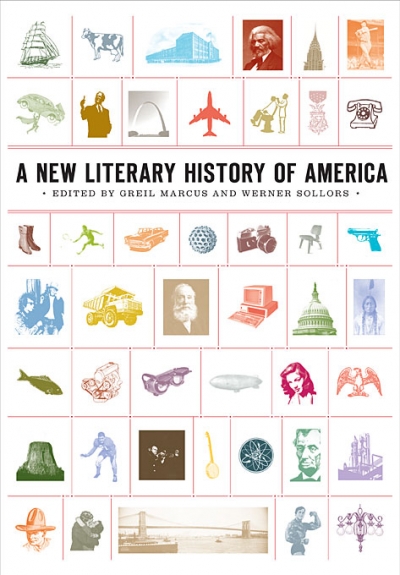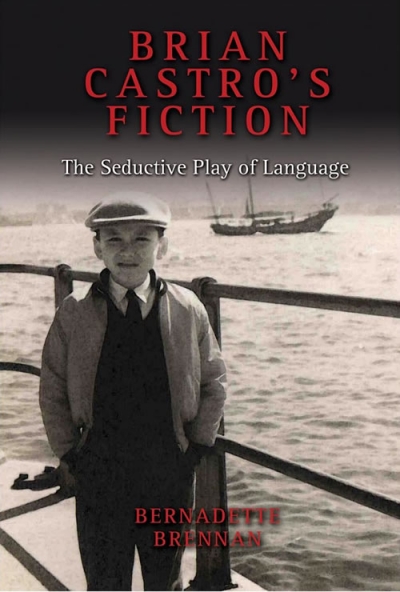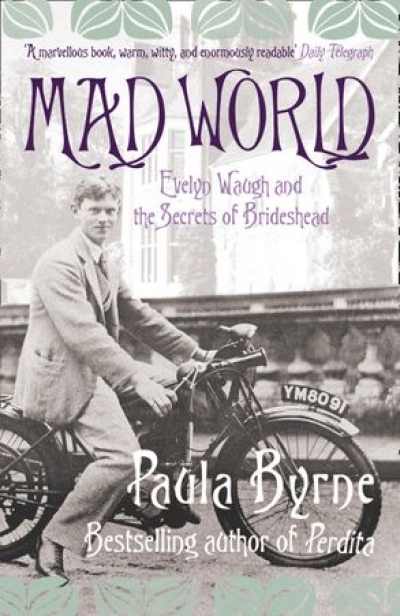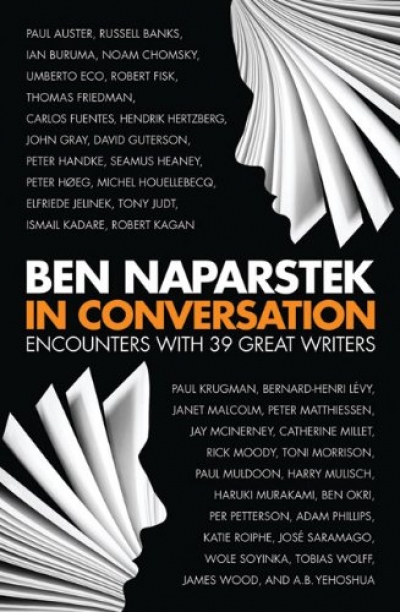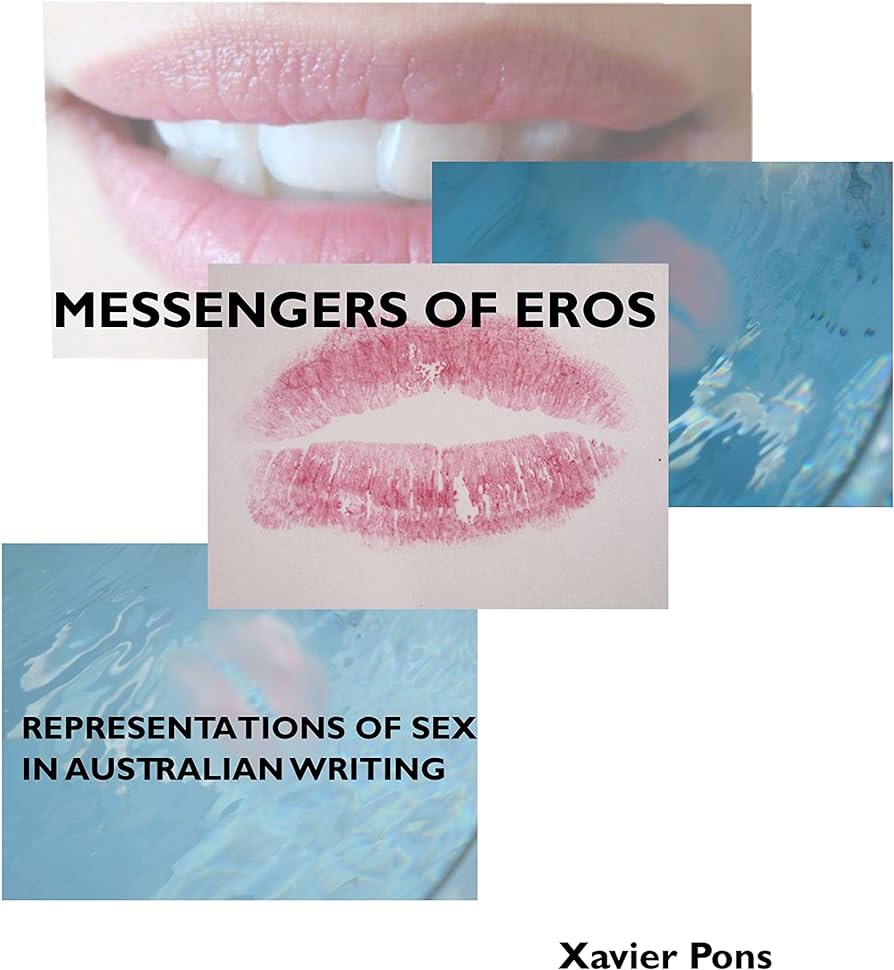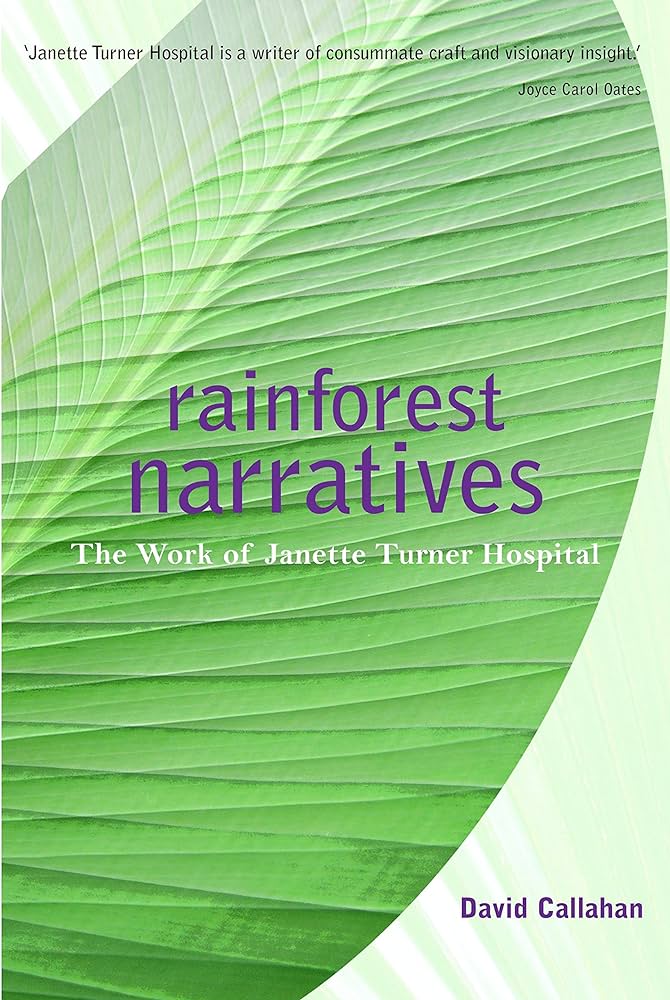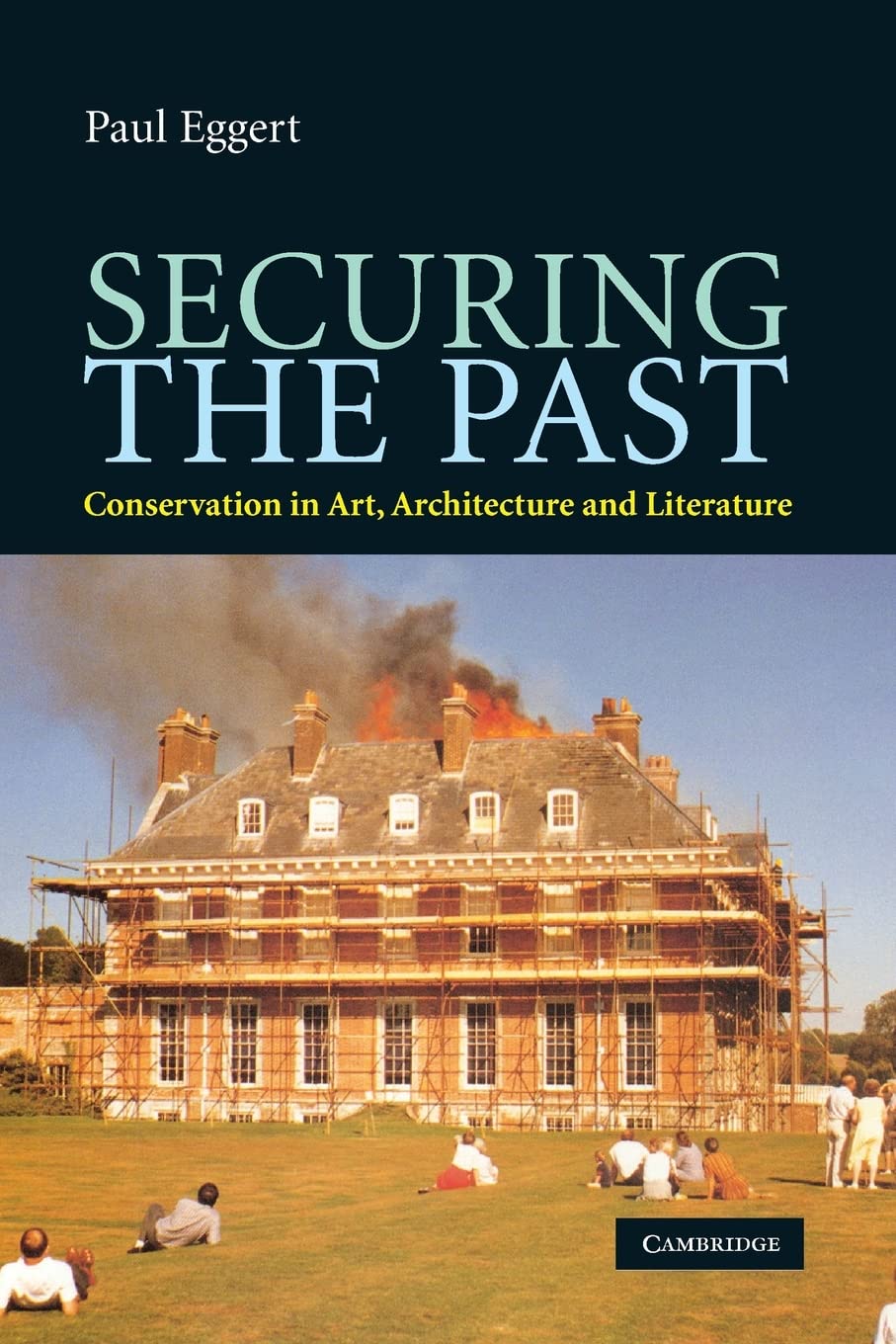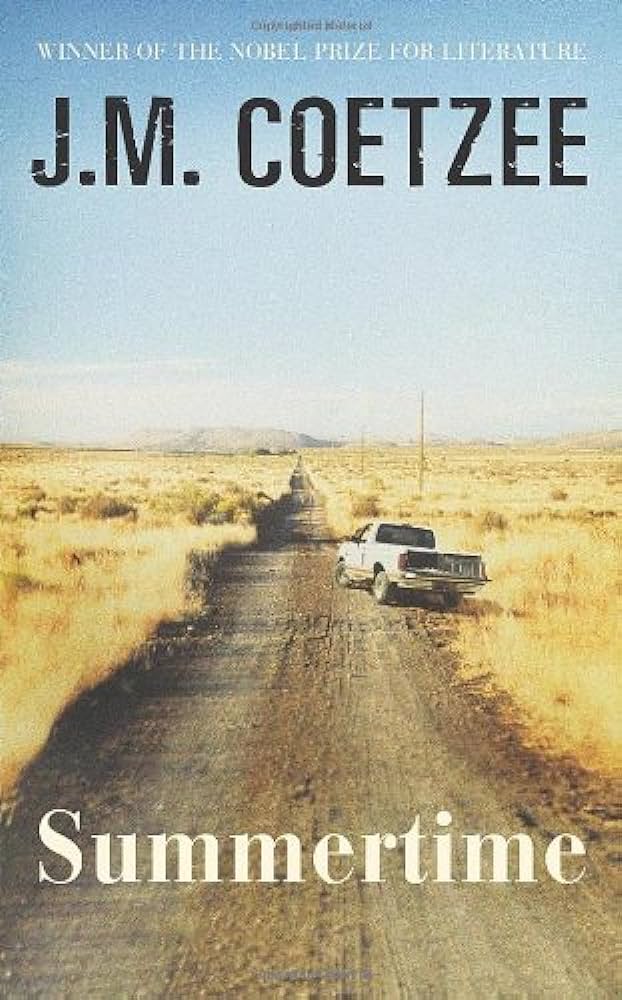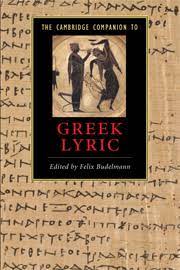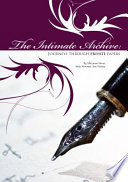Literary Studies
A New Literary History of America edited by Greil Marcus and Werner Sollors
Cynthia Ozick’s most recent collection of criticism, The Din in the Head (2006), contains a brief but engaging essay called ‘Highbrow Blues’. It begins with her musing about a gaffe made by Jonathan Franzen following the publication of The Corrections (2002). Oprah Winfrey had selected Franzen’s novel for her televised book club, which was popular enough to turn any work she chose into a bestseller, but Franzen was uncomfortable with her program’s folksiness. He felt that the club’s reputation for featuring works of middlebrow fiction did not fit with his literary ambitions and that an appearance on the Oprah Winfrey Show was not likely to enhance his credibility. ‘I feel,’ he explained, ‘like I’m solidly in the high-art literary tradition.’ Brickbats flew from all directions. But why, wonders Ozick, did Franzen’s remark seem so jejune?
... (read more)Brian Castro's Fiction: The seductive play of language by Bernadette Brennan
Brian Castro has been leading his readers on an exhilarating chase since Birds of Passage in 1983, and his allusive, melancholy but sensual work leads Bernadette Brennan to being confidently: ‘Brian Castro is one of the most innovative and challenging novelists writing in English today.’ In her attempt to prove the justice of this assertion, Brennan is far too attuned to the richness of Castro’s work to try to establish any sort of total explanatory grid, and her book is less an attempt to tidy Castro up than a guide to some of the places where we might most profitably enjoy him.
One of the principal characteristics of Castro’s work, after all, is the ambition with which he calls out to his readers, inviting us to rise to the challenge and participate in the enjoyment of the dazzling multiplicity of issues, references, allusions, plays on words, and theoretical gambits that rub shoulders (and other parts) throughout his books.
... (read more)Mad World: Evelyn Waugh and the secrets of Brideshead by Paula Byrne
Anthony Blanche stands on the high balcony with a megaphone. With practised stammer he recites The Waste Land to puzzled undergraduates walking below in Christ Church Meadow. ‘How I have surprised them!’ he assures the other Old Etonians gathered for languid lunch in Lord Sebastian Flyte’s rooms. In this single image, Evelyn Waugh fixes Blanche in our memories – privilege, aesthetes, the creeping arrival of bewildering new art to the Oxford of 1923.
... (read more)In Conversation: Encounters with 39 great writers by Ben Naparstek
‘My problem is that because of my anxiety disorder, publicity is close to torture,’ Austrian novelist Elfriede Jelinek tells Ben Naparstek, explaining why she informed a newspaper in 2004 that she hoped she wouldn’t be awarded the Nobel Prize in Literature (she was). With or without anxiety disorders, writers face a conundrum. They communicate through the written word, but increasingly they also talk aloud in public and in the media. When writers are interviewed, they often traverse an awkward middle ground between adopting a public persona and revealing the inner sources of their inspiration. There is a tension – frequently evident in the pages of In Conversation – between a writer’s need to publicise, explain or defend his or her works and beliefs, and a desire to allow the writing to speak for itself. For many writers, there is also the challenge of making their verbal communication as erudite as their writing. As Norwegian novelist Per Petterson tells Naparstek, ‘Talk is entirely overvalued, I think.’
... (read more)Messengers of Eros: Representations of sex in Australian writing by Xavier Pons
Like the man with a hammer to whom everything looks like a nail, Xavier Pons knows what he is looking for in his monograph on sex in Australian writing, and makes sure he finds it. Pons, a lecturer in Australian studies at the University of Toulouse, is clearly expert in his subject, and renders his explorations lucidly, at times with great insight, and intelligibly to non-specialist eyes.
... (read more)Rainforest Narratives: The Work of Janette Turner Hospital by David Callahan
Janette Turner Hospital is an Australian-born novelist with an international reputation, though Australian readers often have reservations about her work. She has written some brilliant short stories, but her novels can strain for effect, with insistent intellectual allusions and postmodern shifts of fictional status. Perhaps, though, this is a typical Australian response to an expatriate writer whose work is not immediately accessible. Australian critics have not been as willing to praise Hospital as some North American readers, including Joyce Carol Oates, who, on the cover of Rainforest Narratives, describes Hospital as ‘a writer of consummate craft and visionary insight’.
... (read more)Securing the Past:: Conservation in art, architecture and literature by Paul Eggert
Material culture is everywhere. We hoard it, we gift it, we visit it, we label it and we read it. There is little doubt that the production, preservation, use and re-use of material culture is a key means by which cultural identity is retained, protected and made available across generations. Understanding how a society inherits its cultural identity tells us a lot about that society and what it values. The danger is that this inheritance may be degraded and disenfranchised as time and fashion alter both the meaning, and materiality, of the object. If we are concerned about the stories that objects tell, we must also be concerned about possibilities for misunderstandings and mistranslations. Enter Paul Eggert and his new book, Securing the Past: Conservation in Art, Architecture and Literature.
... (read more)Summertime by J.M. Coetzee & The Cambridge Introduction to J.M. Coetzee by Dominic Head
Over the course of his long and distinguished career, J.M. Coetzee has written fiction in an array of modes and genres. His books include works of historical and epistolary fiction, realism, allegory and metafiction. He has written novels that have developed complex and evocative intertextual relationships with some of his most significant literary influences – Daniel Defoe, Fyodor Dostoevsky, Franz Kafka – and, in his recent writing, he has experimented with prose that is frankly discursive to the point of didacticism, using a fictional framework to problematise and interrogate statements that, given a different context, could be read as straightforward declarations of belief.
... (read more)The Cambridge Companion to Greek Lyric by Felix Budelmann
It is easy to be complacent about the Greeks. We know they invented democracy, philosophy, drama, the principle of free speech and other things that we value highly; but how often do we read the works of Homer and Hesiod, of Aeschylus, Sophocles and Euripides, of Herodotus and Thucydides, of Plato and Aristotle? How often do we reflect that the Greeks gave the West the very idea of literature? The heritage is so rich that there are whole periods and genres that many readers may never have encountered, except in the most tangential way.
... (read more)The Intimate Archive: Journeys through private papers by Maryanne Dever, Sally Newman and Ann Vickery
‘What is it that distinguishes “the experience of being in the archives” from other types of research?’ The introduction to The Intimate Archive indicates that this is a crucial question underpinning the book. Neither dry repositories of records nor merely the random detritus of lives, archives are understood as constructed artefacts, shaped by cultural and political practices as well as by chance. Their meaning also depends on the historical moment: what is overlooked by one generation of researchers may be important to another. What is regarded as evidence by a researcher trained in literature may be questioned by an historian. Particular interests, as well as factors like gender, may also influence the materials researchers select from papers and how they interpret them.
... (read more)

